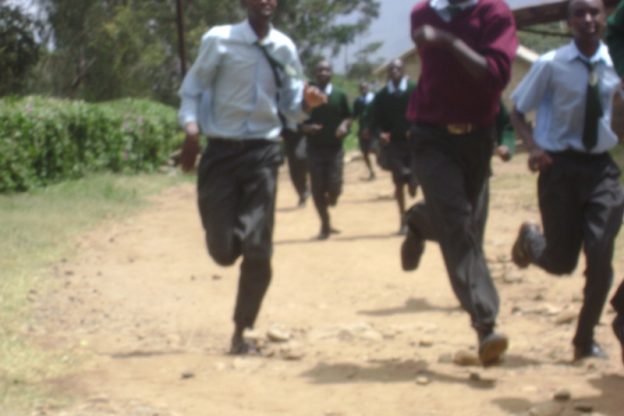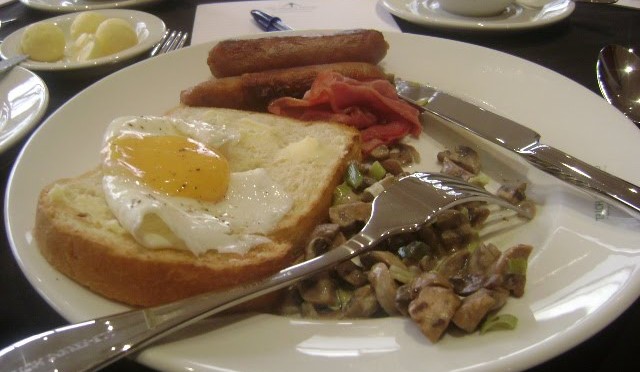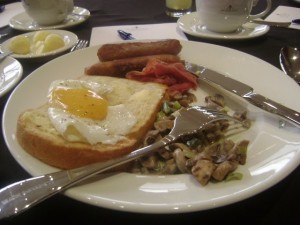The leading indigenous Kenyan banks now have scholarship programs that target bright children who are going into high school.
- The pioneer of this is Equity Bank, whose foundation program dubbed Wings To Fly will this year hand out 2,000 scholarships to school children entering high school. They target students with financial needs who scored more than 350 marks in primary school exams whose results were announced last week. The program has helped over 10,000 since its inception and students or their families can collect applications from their local bank branches. The support includes fees, pocket money, a pair of shoes each year and participation in a mentorship and leadership program. Also, in 2015, 65 students received overseas university scholarships from the Foundations’ Equity Leaders Program.
- KCB, through its Foundation, has a scholarship program that will support 240 children from all counties through their secondary schools, and this will include tuition, uniform, books, and mentorship. KCB also has partnerships that support scholarships through the Palmhouse Foundation, Starehe Girls, & Starehe Boys schools, and others that donate books, renovate classes and provide water tanks to schools. The total figure is about Ksh 100 million ($1 million) for 2016. Their research shows that Kenya has one of the most expensive secondary education systems in Africa. Presently, fees for national and county schools range from KSh45,000 to KSh136,000 (~$1,360) per year, which is not affordable for many parents.
- Cooperative Bank is going to award scholarships to 655 children through its Foundation Scholarship Scheme for 2016. 420 will be selected by the bank and 235 will be awarded by county governments in each of the 47 counties in Kenya (at 5 per county). The bank will also pay for the university education of 130 of the top students in the secondary school examinations.
- Family Bank has an education program that includes secondary school scholarships and a talent program that gives employment opportunities to top kids after high school.


